
Pelvic
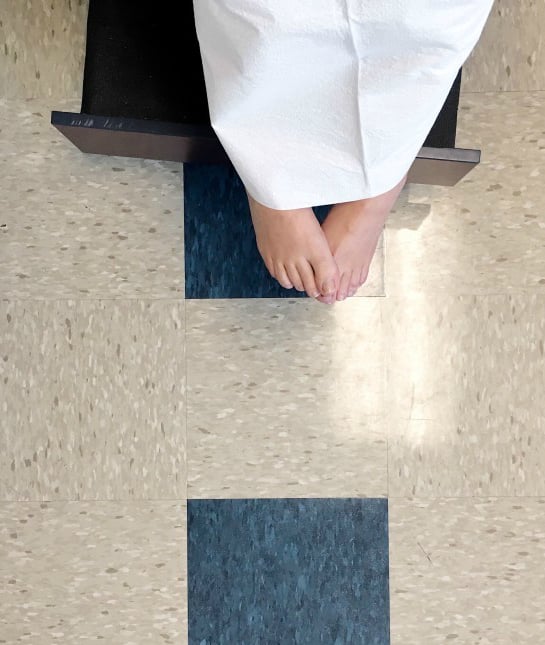
Good health is important for a long life, but what's crucial is knowing when you need extra attention. Regular medical checkups can help determine that.
By the time a woman is in her early 20s, she should go in for a pelvic exam and pap smear, according to the American College of Obstetrics and Gynecology. These exams were initially recommended every year, but for healthy women whose pap smears come back clear, these exams can be periodic. Either way, pelvic health is important, and getting a baseline from an exam is key.
Physical Health
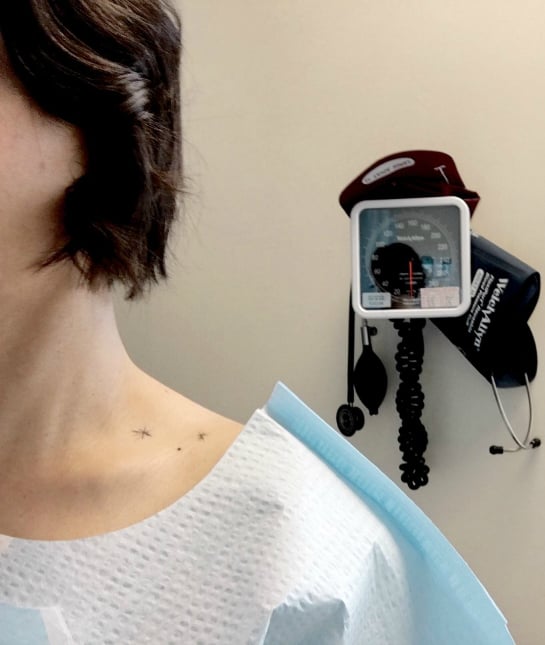
A regular physical at your doctor's office has a number of benefits. You can establish a baseline for your health numbers, flag any problems that come up and you can get to know your doctor. If it's been awhile, or if you don't even have a doctor, make an appointment and find out your blood pressure, have blood work done and get an overall report on your health—whether it's good or needs improvement.
Oral Health
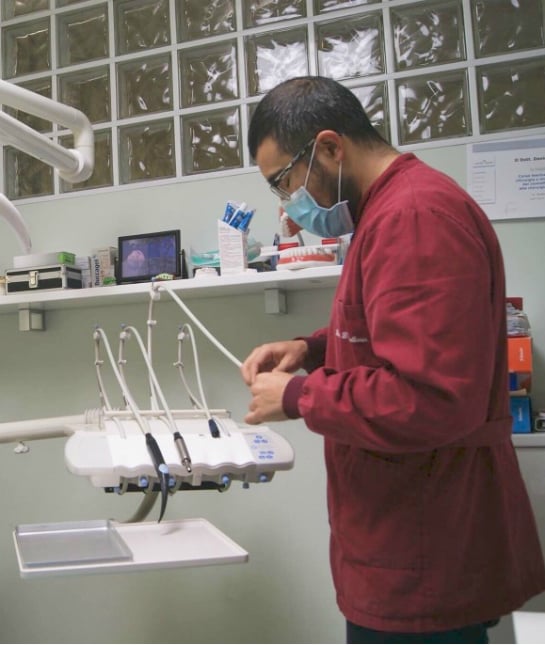
Twice-a-year checkups and teeth cleaning are optimal for good oral health. But lots of adults only see their dentist when there's a problem. Don't be that adult. If it's been awhile, make an appointment. Then, before you leave the office, set another one for six months out. Even if you don't have good health insurance, preventative appointments are cheaper than fixing neglected problems.
Vision
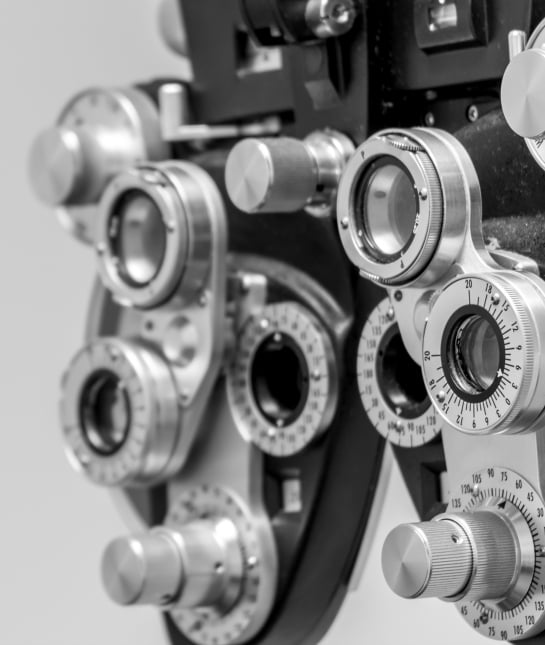
Eyes change as we get older. And the more we use small screens in our daily (hourly!) lives, the more wear we're putting on our eyes. Get an eye exam so that you can, if necessary, get the correct type of eyewear that protects your vision and corrects it for safety while driving.
Mammogram
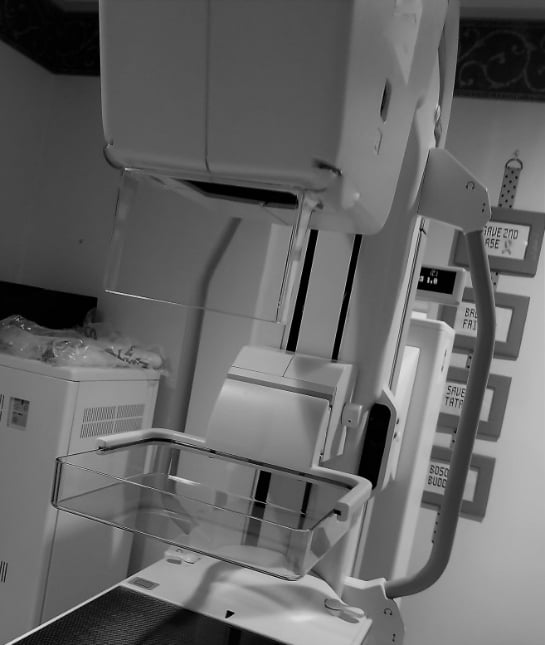
If you're a woman in your early 40s, it's time to start getting mammograms, according to American Cancer Society guidelines. By age 45, those should occur every year. Women 55 and older can get a mammogram screening every two years or can continue yearly.
Dermatologist

Dermatologists recommend you get annual full-body screenings of moles and spots on your skin. Schedule an appointment to check on other skin problems like acne, redness and swelling. They're also the ones to consult for inexplicable hair loss.
Foot Health
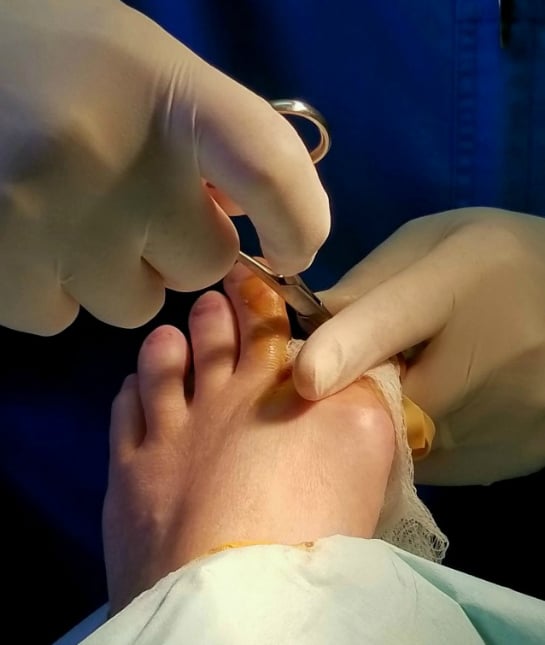
If your feet hurt more than they used to, or if you have a fungus (or suspected fungus) underneath your toenails or on your itchy heels, get an appointment with a podiatrist. Yes, they'll tell you to stop wearing heels, but they'll also tell you how to treat your feet, even if you admit to them that you'll never give up your 2.5-inchers.
Colonoscopy

At age 50, if you haven't already gotten a colonoscopy, you should get one. Screening for colon cancer detects polyps early enough for life-saving treatment. While no one likes undergoing the screenings, they can be the difference between life and death.
Ear, Nose and Throat

If you experience dizziness, throat soreness that won't go away, ear infections, sinus problems, difficulty swallowing or any number of other discomforts or concerns in your ears, nose or throat, an appointment with an ENT doctor will let you rule out serious concerns, or flag the need for treatments.
Depression

Depression affects millions, but it often goes undiagnosed and untreated. If you suspect you may be suffering from even mild depression, talk to your doctor. She may recommend you for talk therapy or pharmaceutical support. Or talk about more serious options. If you're still not sure whether what you're feeling is depression, try taking this quiz.
Blood Pressure
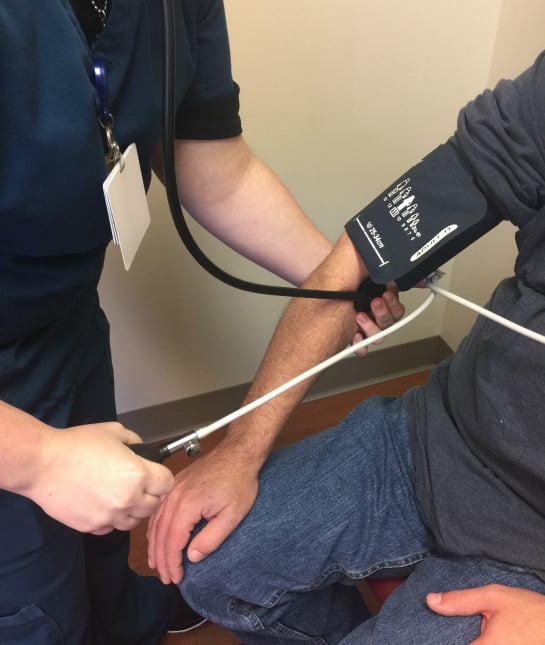
High blood pressure may be the most common problem plaguing U.S. adults. Screening for high blood pressure is vital to knowing whether treatment and lifestyle changes are necessary, and will also encourage doctors to keep an eye on other areas of the body that can be affected by high blood pressure. It's quick and painless.
STDs & STIs

While most people think they'd know if they have a sexually transmitted disease or infection, many of these viruses are present without always presenting symptoms. If you're sexually active with multiple partners at once or over time, it's important to get tested regularly to protect your health and that of your partners.
Cardio

All health tests should include blood work and an assessment of indicators that can signal potential or future heart health problems. This includes blood glucose, blood pressure, body weight and cholesterol screenings. Also talk with your doctor about smoking and exercise.
Prostate

By the time a man turns 50, he should have had at least one prostate exam. For men who are at a high risk, which includes African-American men and those with a family history, they should be sure to get their prostates tested by the time they're 45. For those at an even higher risk, they need to get tested at age 40. Talk with your doctor about when the best time is for you or your male loved one.
Hearing

If you're feeling as if you might be experiencing hearing loss, or if you've recently been exposed to a very loud and/or painful noise, schedule a hearing exam right away. It's important to catch any problems quickly. And, in general, it's helpful to establish a baseline for your hearing so that you'll be able to see slow diminishment over time if that occurs.
Vaccines
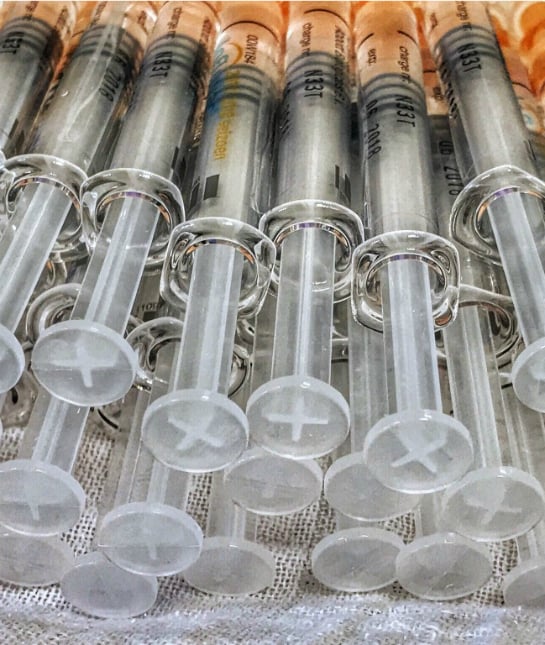
Children aren't the only ones who need to follow a schedule for vaccines. Adults do too. But by the time we reach adulthood, most of us have no idea what we've been vaccinated against. It's important to follow recommended vaccine guidelines for our own protection and for the people in our communities.




